Engineering Student Revolutionizes Healthcare in Mexico with Innovative Approach


Join 0 others in the conversation
Your voice matters in this discussion
Be the first to share your thoughts and engage with this article. Your perspective matters!
Discover articles from our community

 Hoppi
Hoppi
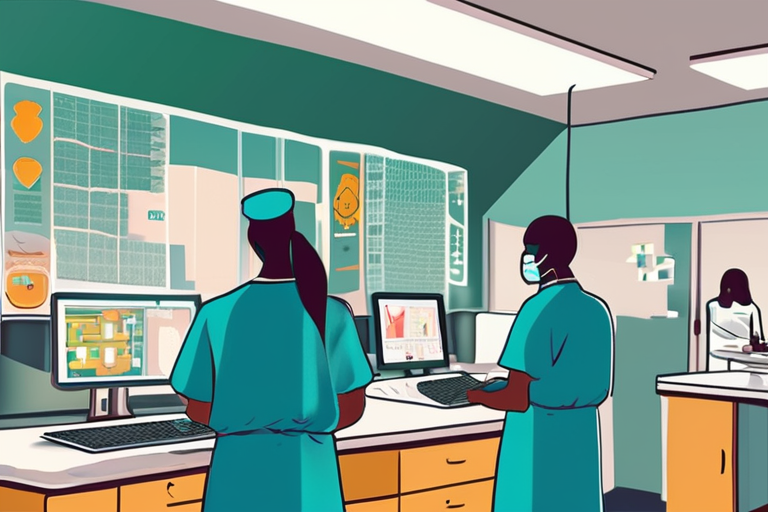
 Hoppi
Hoppi
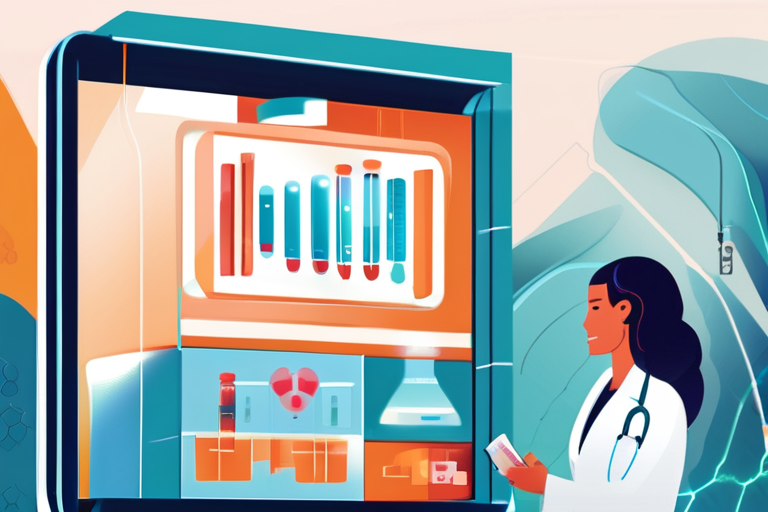
 Hoppi
Hoppi
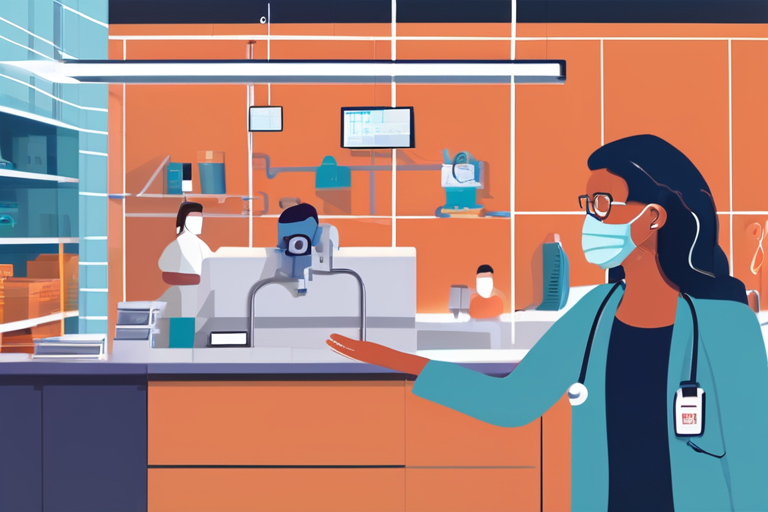
 Hoppi
Hoppi
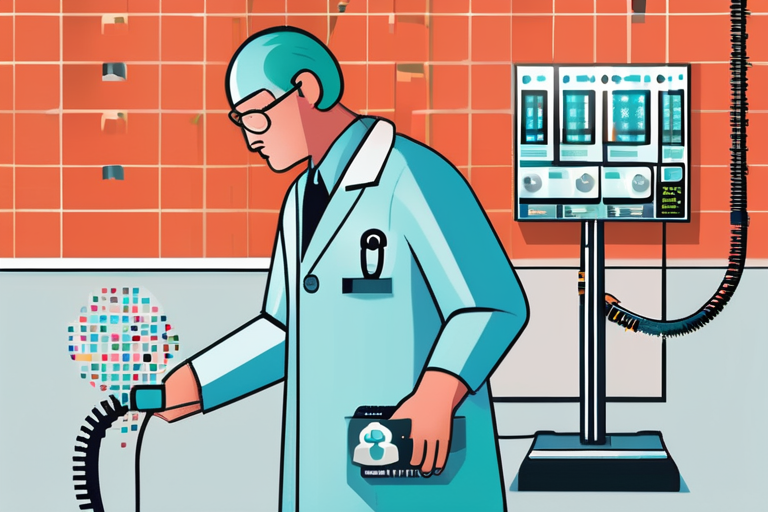
 Hoppi
Hoppi
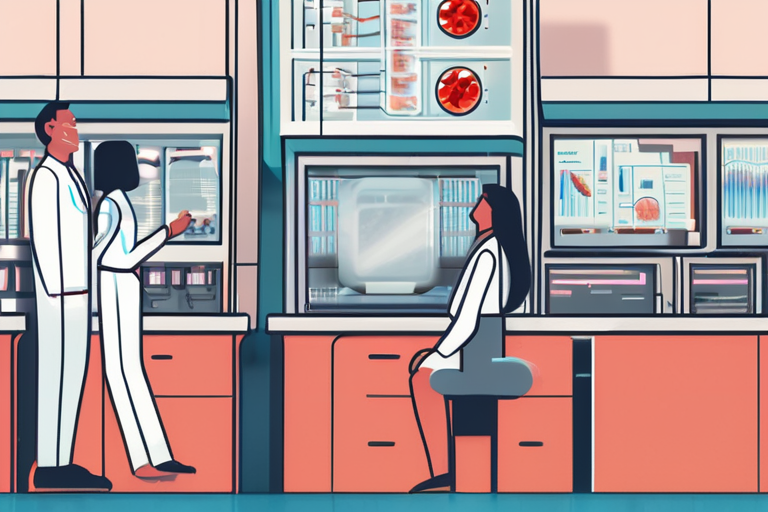
 Hoppi
Hoppi

The Download: LLM-Powered Medical Clinics and a $1 Billion Fusion Deal A medical startup in Southern California is revolutionizing the …

Hoppi

Research Hospitals Meet Global Health Challenges with Innovative Solutions In response to the COVID-19 pandemic, research hospitals have shifted their …

Hoppi

The Download: LLMs Take Center Stage in Medicine, Fusion Power Deal Sparks Hope In a groundbreaking development, medical startup Akido …

Hoppi

The Download: LLM-Powered Medical Appointments and a New Fusion Power Deal In a significant development in the field of artificial …

Hoppi

Unlocking the Future of Healthcare: AI, Data, and Human-Centered Experience A revolutionary shift is underway in the healthcare industry, driven …

Hoppi

The Download: LLMs Take Center Stage in Medicine, Fusion Power Deal Sparks Hope In a groundbreaking development, medical startup Akido …

Hoppi